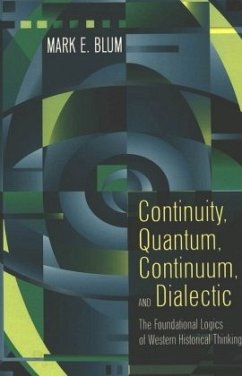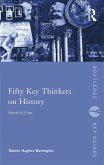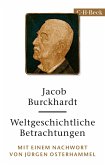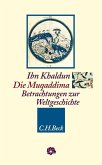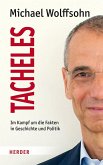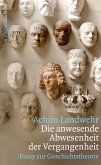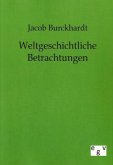Continuity, quantum, continuum, and dialectic are foundational logics of Western historical thought. The historiographical method to discern them is a critique of historical reason. Through 'stylistics' Mark E. Blum demonstrates how the inner temporal experience of the person shapes both judgment and historical action. Blum's work augments the epistemology of Immanuel Kant, Wilhelm Dilthey, and Edmund Husserl. Studies of significant persons from Shakespeare through the Framers of the American Constitution, as well as contemporary adolescents, illustrate the intergenerational presence of these historical logics. Courses in historical method, phenomenological philosophy, cognitive psychology, linguistics, and literary theory can benefit from Blum's findings and approach.
"In this book, Mark E. Blum shows the connection between the formal structure of time and the formal structures of syntax and grammar. This book discusses many authors, both classical and contemporary, with special attention given to Kant, Dilthey, and Husserl. It covers diverse fields of knowledge: philosophy and science as well as painting, music, literature, and politics. In each instance, Dr. Blum describes how formal construction makes things understandable. He also shows how individual writers develop their own formal patterns of thinking. His work is intricate, original, and impressive in its depth and range." (Robert Sokolowski, Elizabeth Breckenridge Caldwell Professor of Philosophy, School of Philosophy, The Catholic University of America, Washington, DC)
"In this deep and densely argued text, Mark E. Blum has attempted to move the discussion about the epistemic significance of history, historical consciousness, and historical representation off the dead center to which it has recently come to rest and to place the principal topics of this discussion within the great tradition of language philosophy which, descending from Kant through Husserl, Nietzsche, and Heidegger to Jakobson, Chomsky, and Wittgenstein, seeks to re-establish its relevance to the great existential questions of judgment, temporality, and death. This is philosophical reflection in the grand tradition, with original arguments regarding the relationships among the sentence, temporality, and historicality." (Hayden White, Professor Emeritus, History of Consciousness, University of California)
"In this deep and densely argued text, Mark E. Blum has attempted to move the discussion about the epistemic significance of history, historical consciousness, and historical representation off the dead center to which it has recently come to rest and to place the principal topics of this discussion within the great tradition of language philosophy which, descending from Kant through Husserl, Nietzsche, and Heidegger to Jakobson, Chomsky, and Wittgenstein, seeks to re-establish its relevance to the great existential questions of judgment, temporality, and death. This is philosophical reflection in the grand tradition, with original arguments regarding the relationships among the sentence, temporality, and historicality." (Hayden White, Professor Emeritus, History of Consciousness, University of California)

